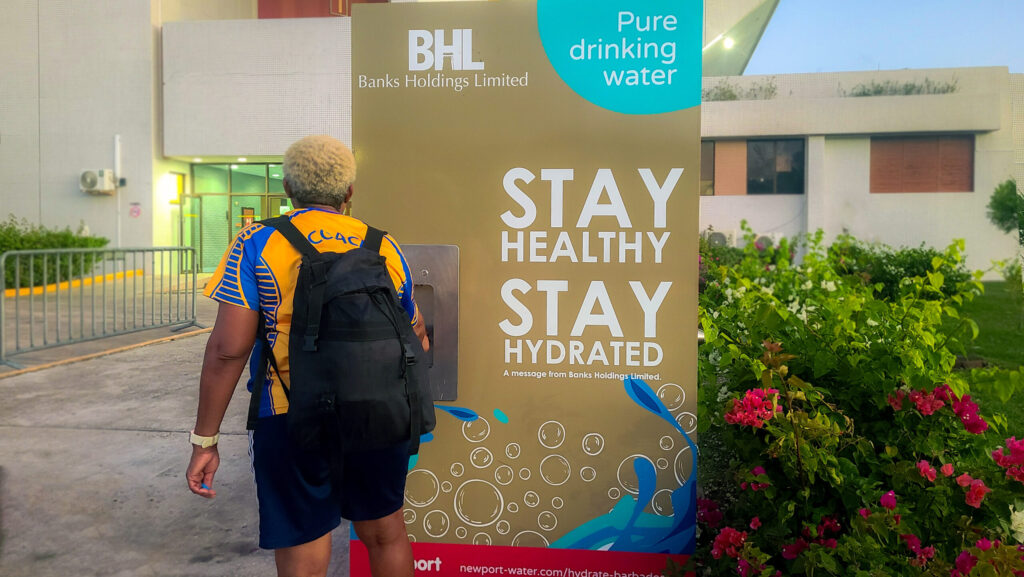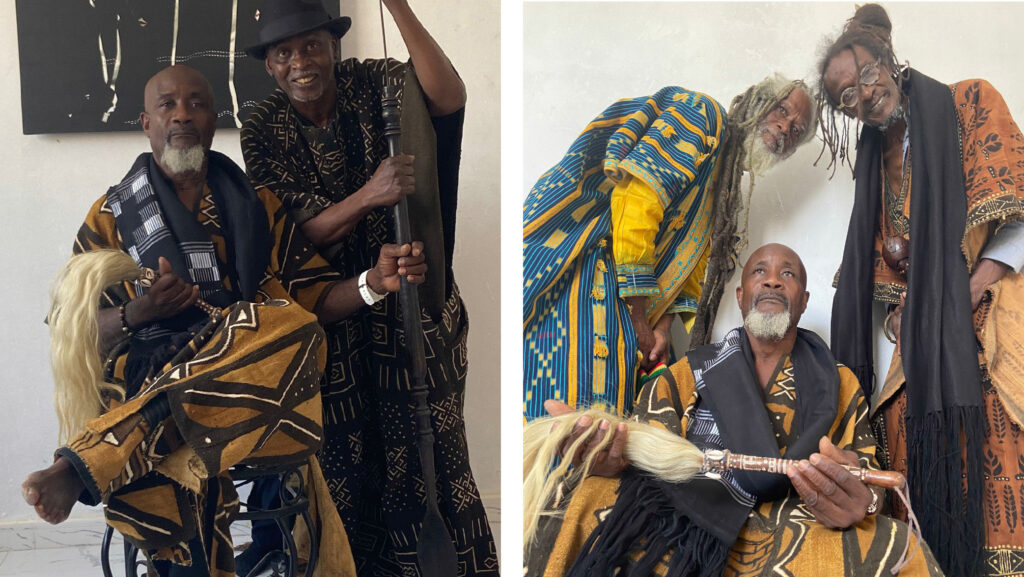The toll of Hurricane Beryl on the fishing industry appears to have doubled, with over 40 boats now reported lost or damaged, according to the head of the Barbados Agricultural Society (BAS) who has called for urgent government intervention to rebuild the fishing sector.
“As we look at the current situation with fisheries in Barbados, 40-plus boats, including ice boats, long liners, and day boats, are gone,” said the BAS’ Chief Executive Officer James Paul, emphasising the need for special funding to restore the fishing fleet’s capacity.
“The challenge is that we need to identify special financing for those boats to get back in the water. What we need to do is ensure that we have the orders for those boats to fight again and to do the repairs if they are possible…. We need to come up with some level of financing for those boat owners to assist them in getting back in the water. That’s the discussion we should have now.”
Paul expressed hope that the government would extend the same level of support to fisheries as it had to the dairy and livestock sectors.
Turning to the broader agricultural situation, the BAS chief noted that the state of farming remained largely unchanged from what it was before the hurricane. However, he highlighted the impact of unpredictable weather on crop production.
“Right now, we’re having some rain. I don’t think people appreciate that the agricultural sector, in many instances, goes with the weather. If you have unfavourable weather, expect unfavourable circumstances – especially when it comes to crops and vegetables in general – because it has to do with the environment and changes in the environment, and sometimes those changes do not necessarily favour crop production,” Paul said, warning that continued heavy rain could lead to significant crop losses, particularly for produce such as squash, watermelons, and tomatoes.
Dozens of boats were either destroyed or sank as a result of the violent waves whipped up by Hurricane Beryl. (KH)
The BAS CEO also raised concerns about potential shortages of agricultural products in the future, given the ongoing weather systems affecting the region. He cautioned against indiscriminate granting of import licences, which could harm local farmers.
Paul cited a recent example where poultry imports led to an oversupply, leaving local farmers unable to sell their stock.
He said: “We need to ensure that our information-gathering resources are heightened to make sure that when we do grant an import permit for certain commodities, that permit is based on solid evidence that we do not have the level of production necessary. For instance, before the World Cup, there was a rush to import poultry or pork because we were expecting thousands of people to come and visit. The World Cup is over, but we have a situation where many small farmers have chicken in storage at BICO and cannot get rid of it. Yet, we brought in chicken wings.”
He stressed the need for better coordination and consultation between farmers and policymakers to avoid such issues in the future: “Do not listen to those who do not rely on the industry for a living and who would be too keen to import unnecessarily. We need to work with our farmers.”
“We need to understand that our actions should not negatively impact the sector,” Paul said, adding that there needed to be robust information systems and better coordination within the agriculture sector. “I don’t want to hear about whether you are doing it correctly or not. Systems need to be working. We need a level of consultation, working with each other, and understanding what we need.”
The BAS CEO also stressed the need for a better working relationship to prevent flooding the market with imported commodities while local farmers struggle.
(RG)
The post BAS head says urgent intervention needed for fishing sector appeared first on Barbados Today.


